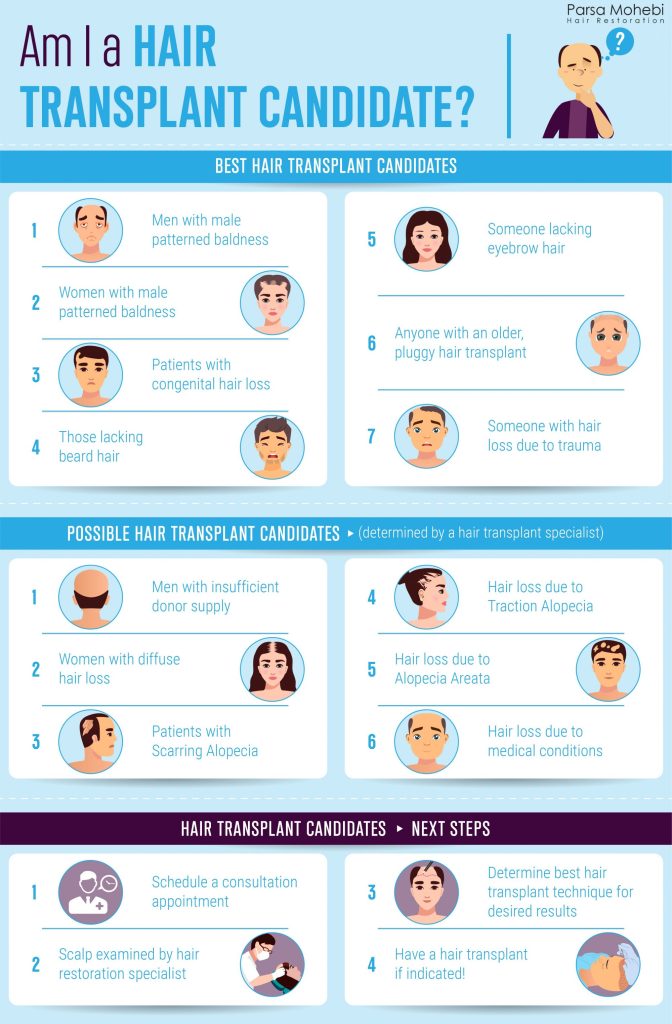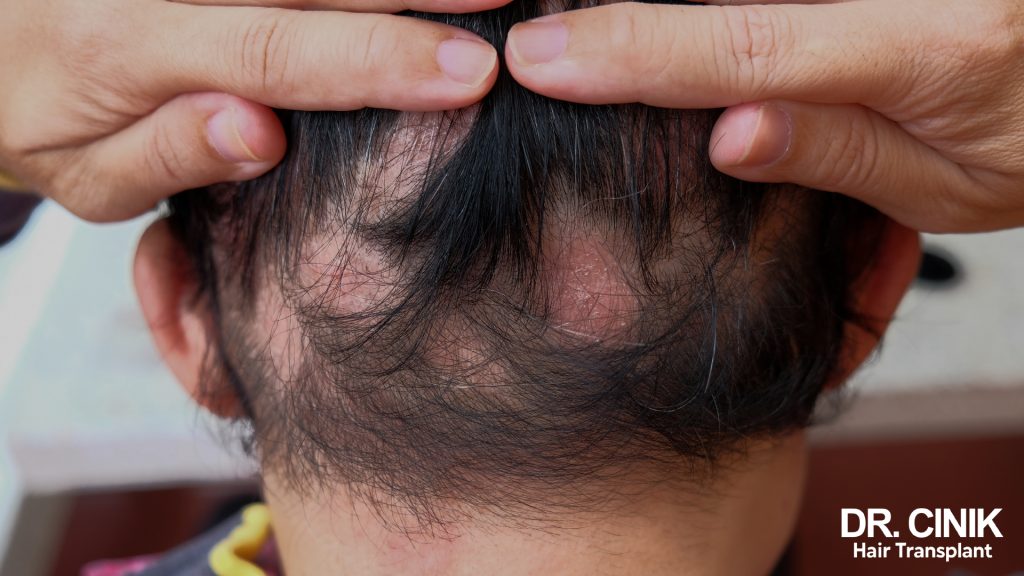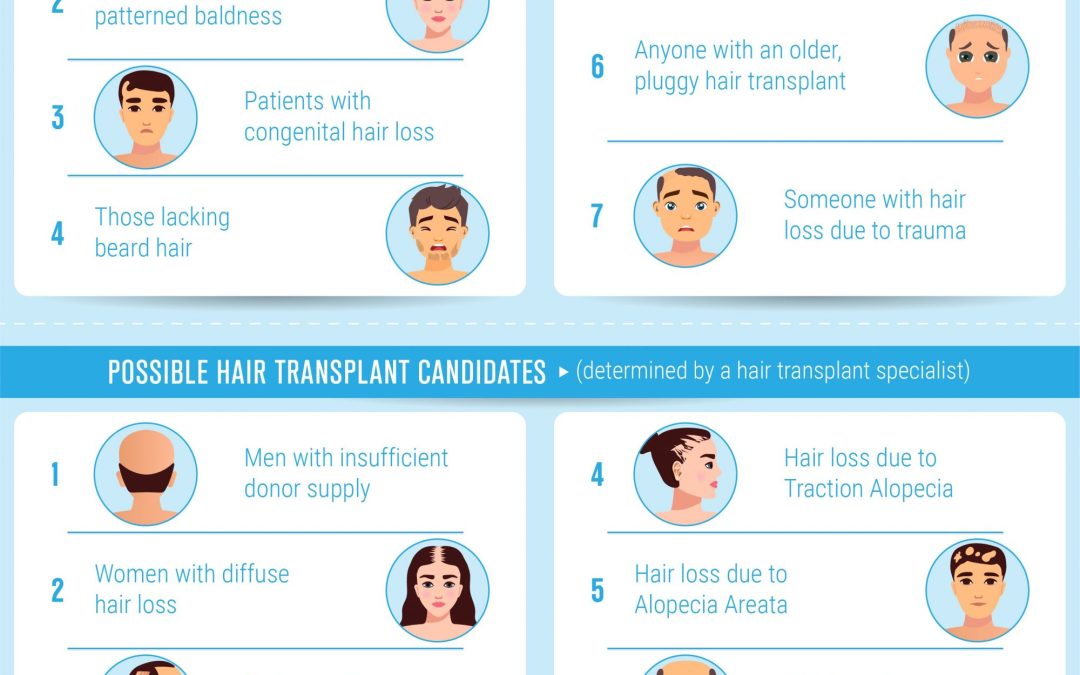Curious about whether you can still undergo a hair transplant even if you have a medical condition or are currently on medication? In this article, we will delve into the factors to consider and the precautions to take if you are thinking about getting a hair transplant in such circumstances. While some medical conditions or medications may impact the suitability for a hair transplant, there are still options available for those in these situations. Can I undergo a hair transplant if I have a medical condition or am on medication?
Understanding Hair Transplant Surgery
So you’re considering a hair transplant, but you have a medical condition or are currently taking medication. You may be wondering if it’s still safe for you to undergo the procedure. Before we dive into whether or not you can proceed with a hair transplant, let’s first understand what this surgical procedure entails.
A hair transplant is a type of surgery that moves hair follicles from one part of your body to another. Most commonly, it is used to treat male pattern baldness. The two main types of hair transplant procedures are Follicular Unit Strip Surgery (FUSS) and Follicular Unit Extraction (FUE).
Follicular Unit Strip Surgery (FUSS)
FUSS involves removing a strip of skin from the back of the scalp, extracting hair follicles from the strip, and transplanting them to the areas of the scalp where hair is thinning or balding. This method typically leaves a linear scar at the donor site.
Follicular Unit Extraction (FUE)
FUE is a minimally invasive procedure that involves individually extracting hair follicles from the donor area and implanting them into the recipient area. This technique results in tiny, dot-like scars that are less noticeable than the linear scar left by FUSS.
Factors to Consider
Now that you have a basic understanding of what a hair transplant involves, let’s talk about the factors to consider when deciding if you can undergo the procedure with a medical condition or while taking medication.
Medical Condition
If you have a medical condition, especially one that impacts your immune system or your body’s ability to heal, it’s essential to consult with both your primary care physician and a hair transplant specialist. Some medical conditions may increase the risk of complications during or after surgery.
Discuss your medical history thoroughly with your healthcare providers to assess whether a hair transplant is a safe option for you. It’s crucial to prioritize your overall health and well-being when considering elective surgical procedures.
Medication
Certain medications can also affect your eligibility for a hair transplant. For example, blood thinners can increase the risk of bleeding during surgery, while immunosuppressants can impair wound healing. Be sure to inform your hair transplant surgeon about any medications you are taking, including over-the-counter drugs and supplements.
Your surgeon may recommend adjusting your medication regimen before and after the procedure to minimize the risk of complications. Do not make any changes to your medication without consulting your healthcare provider.

Consultation with a Hair Transplant Specialist
To determine if you can undergo a hair transplant with a medical condition or while taking medication, it’s crucial to schedule a consultation with a board-certified hair transplant specialist. During the consultation, the surgeon will assess your medical history, current health status, and medication regimen to determine your candidacy for the procedure.
Be prepared to provide detailed information about your medical condition, previous surgeries, allergies, and any medications you are currently taking. Your hair transplant surgeon will use this information to create a personalized treatment plan tailored to your specific needs and health considerations.
Potential Risks and Complications
While most patients can safely undergo a hair transplant, there are potential risks and complications associated with the procedure. These risks may be heightened if you have a medical condition or are on medication. Some possible risks include:
- Infection at the surgical site
- Excessive bleeding
- Poor wound healing
- Scarring
- Numbness or tingling in the scalp
Your hair transplant surgeon will discuss these risks with you during the consultation and provide recommendations to minimize them. It’s essential to follow your surgeon’s pre-operative and post-operative instructions carefully to reduce the risk of complications and ensure a successful outcome.

Preparing for Your Hair Transplant Surgery
If you decide to move forward with a hair transplant despite having a medical condition or being on medication, there are several steps you can take to prepare for the procedure. Here are some tips to help you get ready for your surgery:
Follow Pre-Operative Instructions
Your hair transplant surgeon will provide you with specific pre-operative instructions to follow before your surgery. These instructions may include guidelines on medication management, dietary restrictions, and lifestyle modifications. It’s essential to adhere to these instructions to ensure the best possible outcome.
Arrange for Transportation
Since you will be undergoing surgery, it’s crucial to arrange for transportation to and from the clinic or surgical center on the day of your procedure. You may not be able to drive yourself home after surgery, so having a trusted friend or family member available to assist you is vital.
Prepare a Recovery Space
Create a comfortable and relaxing recovery space at home where you can rest and recuperate after your surgery. Have essential items such as pillows, blankets, entertainment, and snacks ready to make your recovery as comfortable as possible.
Plan for Time Off Work
Depending on the type of hair transplant surgery you undergo, you may need to take time off work to recover. Consult with your surgeon to determine how much time you will need to rest at home before returning to your normal activities.
Post-Operative Care and Recovery
After your hair transplant surgery, it’s essential to follow your surgeon’s post-operative care instructions diligently to promote healing and minimize the risk of complications. Here are some tips to help you recover successfully:
Take Medications as Prescribed
Your hair transplant surgeon may prescribe medications to manage pain, prevent infection, and promote healing. Take these medications as directed and do not skip any doses unless instructed by your healthcare provider.
Avoid Strenuous Activities
While you recover from surgery, it’s essential to avoid strenuous activities that may increase blood flow to the scalp. Activities such as heavy lifting, vigorous exercise, and bending over should be avoided to prevent complications and ensure proper healing.
Protect Your Scalp
To protect your newly transplanted hair follicles, avoid touching or scratching your scalp in the days following surgery. Your surgeon may provide you with a special shampoo or ointment to apply to your scalp to promote healing and prevent infection.
Attend Follow-Up Appointments
Follow-up appointments with your hair transplant surgeon are essential to monitor your healing progress and address any concerns or questions you may have. Attend all scheduled follow-up appointments to ensure the best possible outcome from your surgery.

Conclusion
In conclusion, if you have a medical condition or are on medication, you may still be able to undergo a hair transplant with careful consideration and guidance from a qualified healthcare provider. Consult with a board-certified hair transplant specialist to assess your candidacy for the procedure and discuss any potential risks or complications.
By following your surgeon’s recommendations, preparing for surgery, and adhering to post-operative care instructions, you can increase the likelihood of a successful outcome and achieve the hair restoration results you desire. Remember to prioritize your overall health and well-being throughout the process to ensure a safe and effective hair transplant experience.

